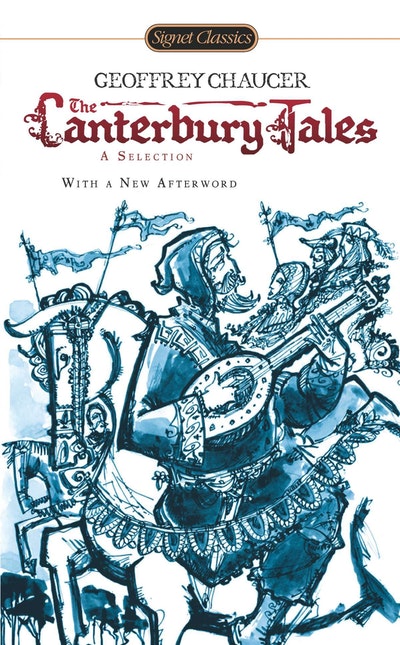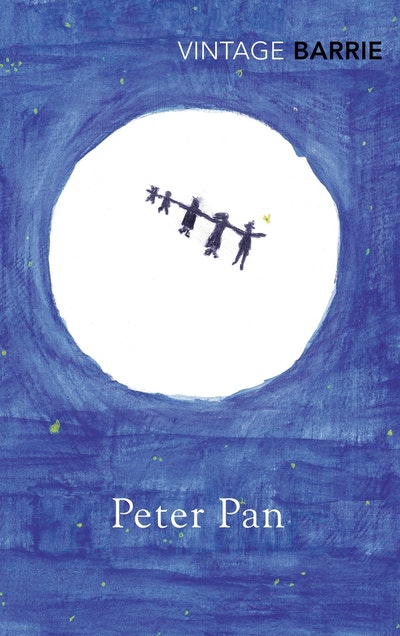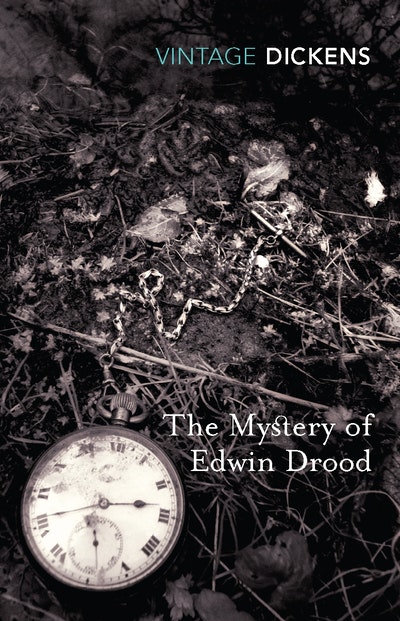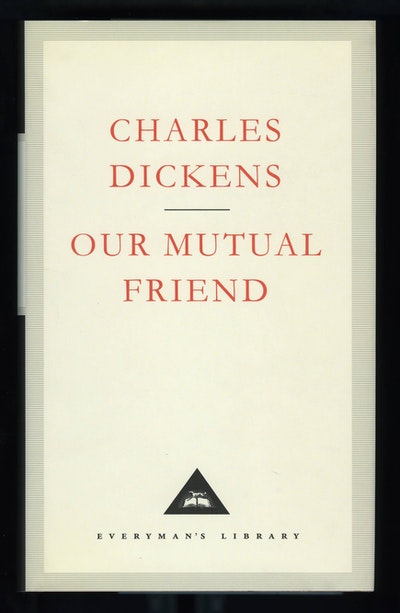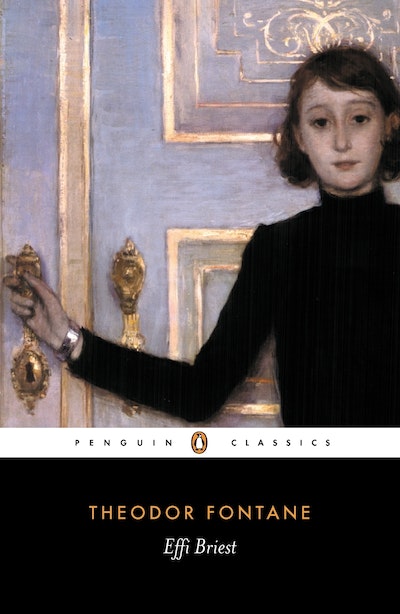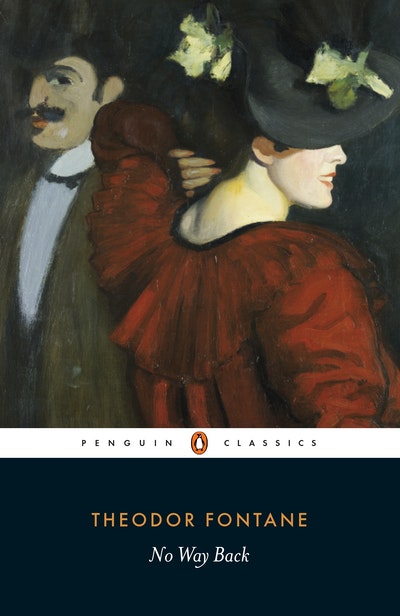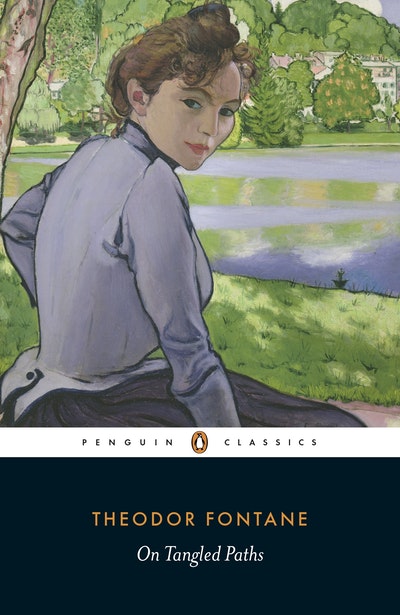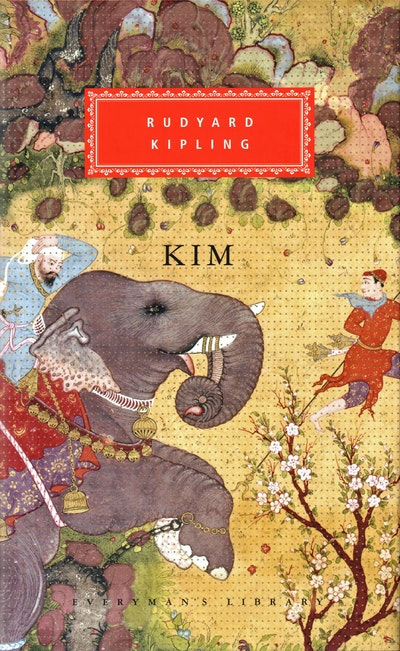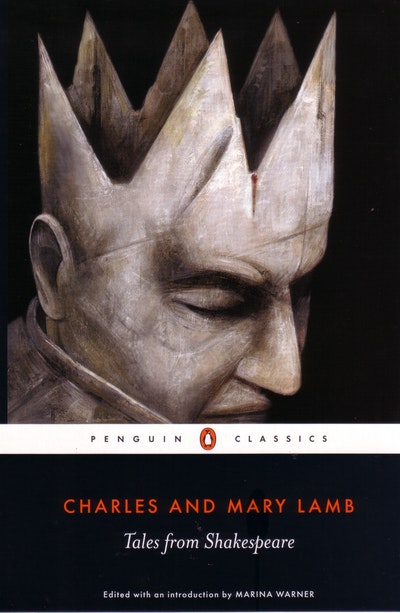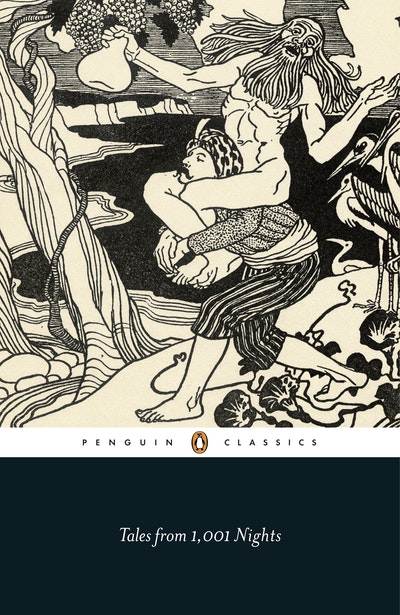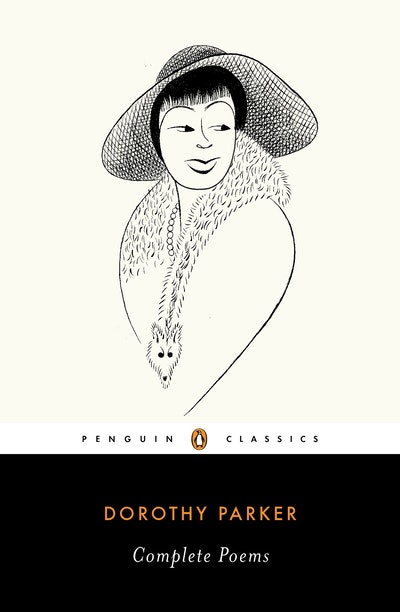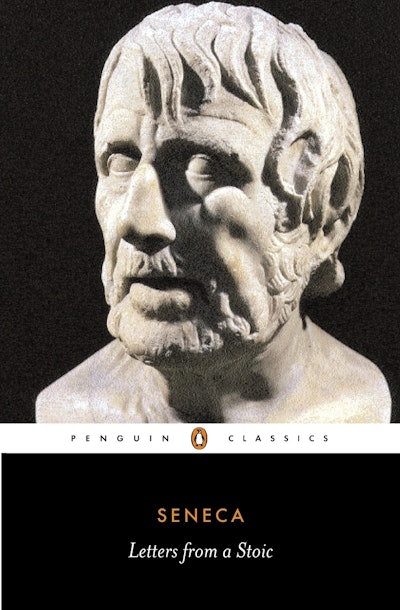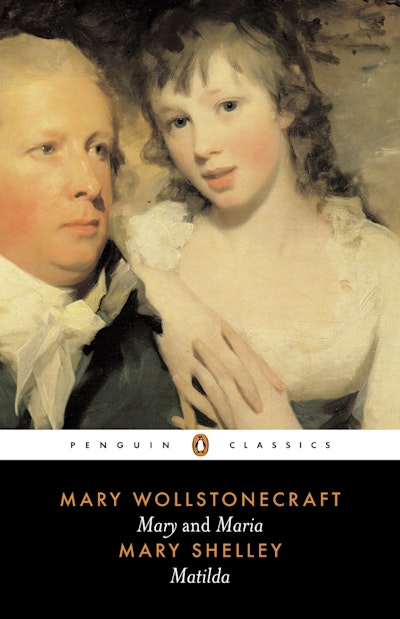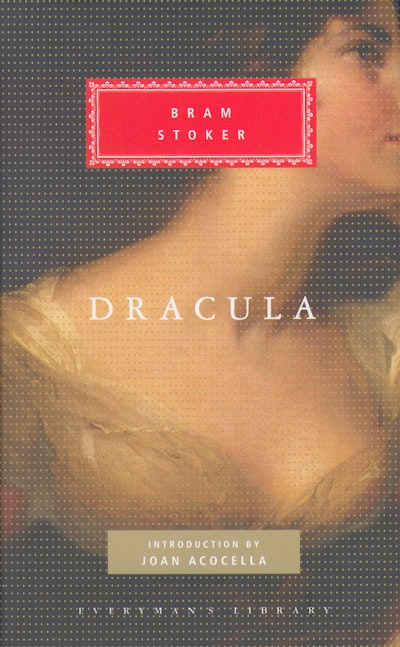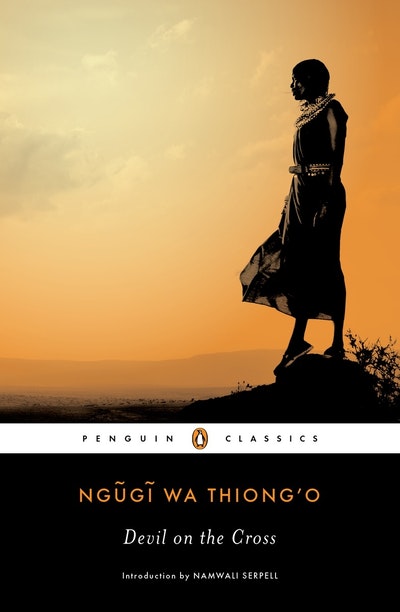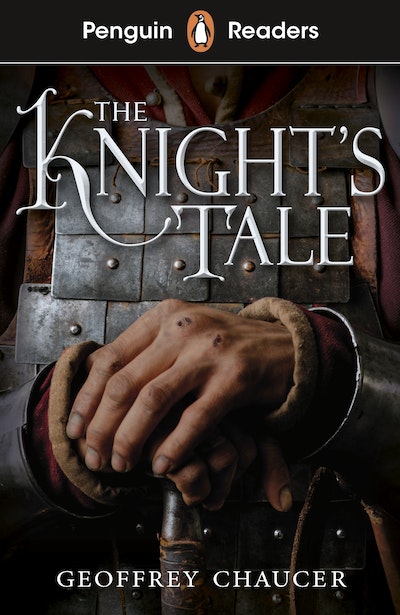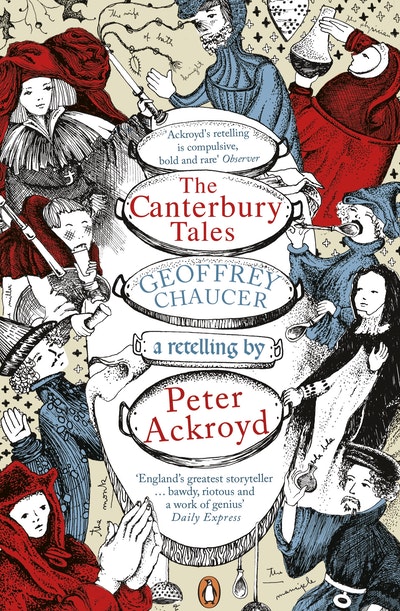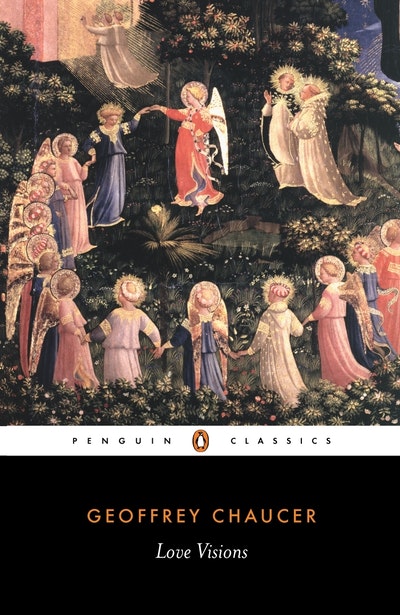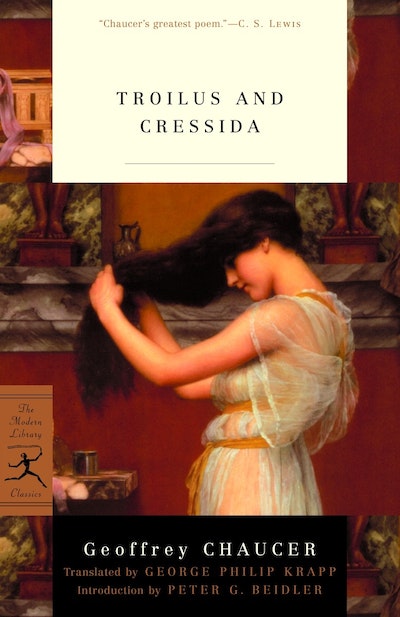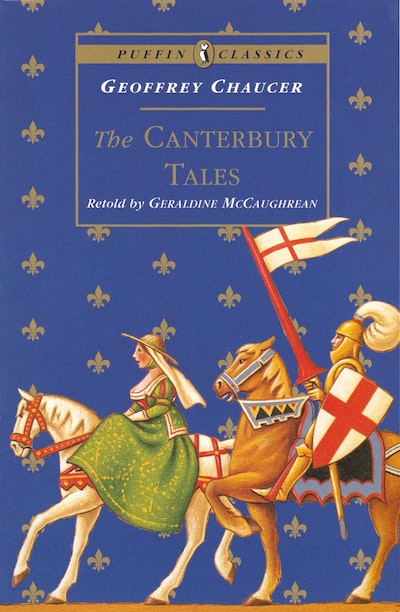The Canterbury Tales
In the tradition of Robert Fagles' The Odyssey and Seamus Heaney's Beowulf, Burton Raffel's major new translation of The Canterbury Tales, now in paperback.
While Geoffrey Chaucer composed several magnificent works of poetry, his reputation as “the father of English literature” rests mainly on The Canterbury Tales, a group of stories told by assorted pilgrims en route to the shrine of Thomas à Becket in Canterbury Cathedral. From the mirthful and bawdy to the profoundly moral, the tales, taken in their entirety, reflect not only the manners and mores of medieval England, but indeed, the full comic and tragic dimensions of the human condition. Considered the greatest collection of narrative poems in English literature, The Canterbury Tales was composed in the Middle English of Chaucer’s day, possibly to be read aloud at the court of Richard II. However, their grandeur, humor, and relevance are timeless, as readers of this authoritative edition will discover.
UNIQUE FEATURES OF THE SIGNET CLASSICS CANTERBURY TALES
Full critical Introduction by editor Donald R. Howard * Normalized spelling system for easier reading and pronunciation * Extensive footnotes
* Special section “On Pronouncing Chaucer” * Glossary of basic Middle English words With a Foreword by Frank Grady and a New Afterword by Paul Strohm
Other books in the series
About the author
Geoffrey Chaucer was born in London, the son of a wine-merchant, in about 1342, and as he spent his life in royal government service his career happens to be unusually well documented. By 1357 Chaucer was a page to the wife of Prince Lionel, second son of Edward III, and it was while in the prince's service that Chaucer was ransomed when captured during the English campaign in France in 1359-60. Chaucer's wife Philippa, whom he married c. 1365, was the sister of Katherine Swynford, the mistress (c. 1370) and third wife (1396) of John of Gaunt, Duke of Lancaster, whose first wife Blanche (d. 1368) is commemorated in Chaucer's earliest major poem, The Book of the Duchess.
From 1374 Chaucer worked as controller of customs on wool in the port of London, but between 1366 and 1378 he made a number of trips abroad on official business, including two trips to Italy in 1372-3 and 1378. The influence of Chaucer's encounter with Italian literature is felt in the poems he wrote in the late 1370's and early 1380s – The House of Fame, The Parliament of Fowls and a version of The Knight's Tale – and finds its fullest expression in Troilus and Criseyde.
In 1386 Chaucer was member of parliament for Kent, but in the same year he resigned his customs post, although in 1389 he was appointed Clerk of the King's Works (resigning in 1391). After finishing Troilus and his translation into English prose of Boethius' De consolatione philosophiae, Chaucer started his Legend of Good Women. In the 1390s he worked on his most ambitious project, The Canterbury Tales, which remained unfinished at his death. In 1399 Chaucer leased a house in the precincts of Westminster Abbey but died in 1400 and was buried in the Abbey.
